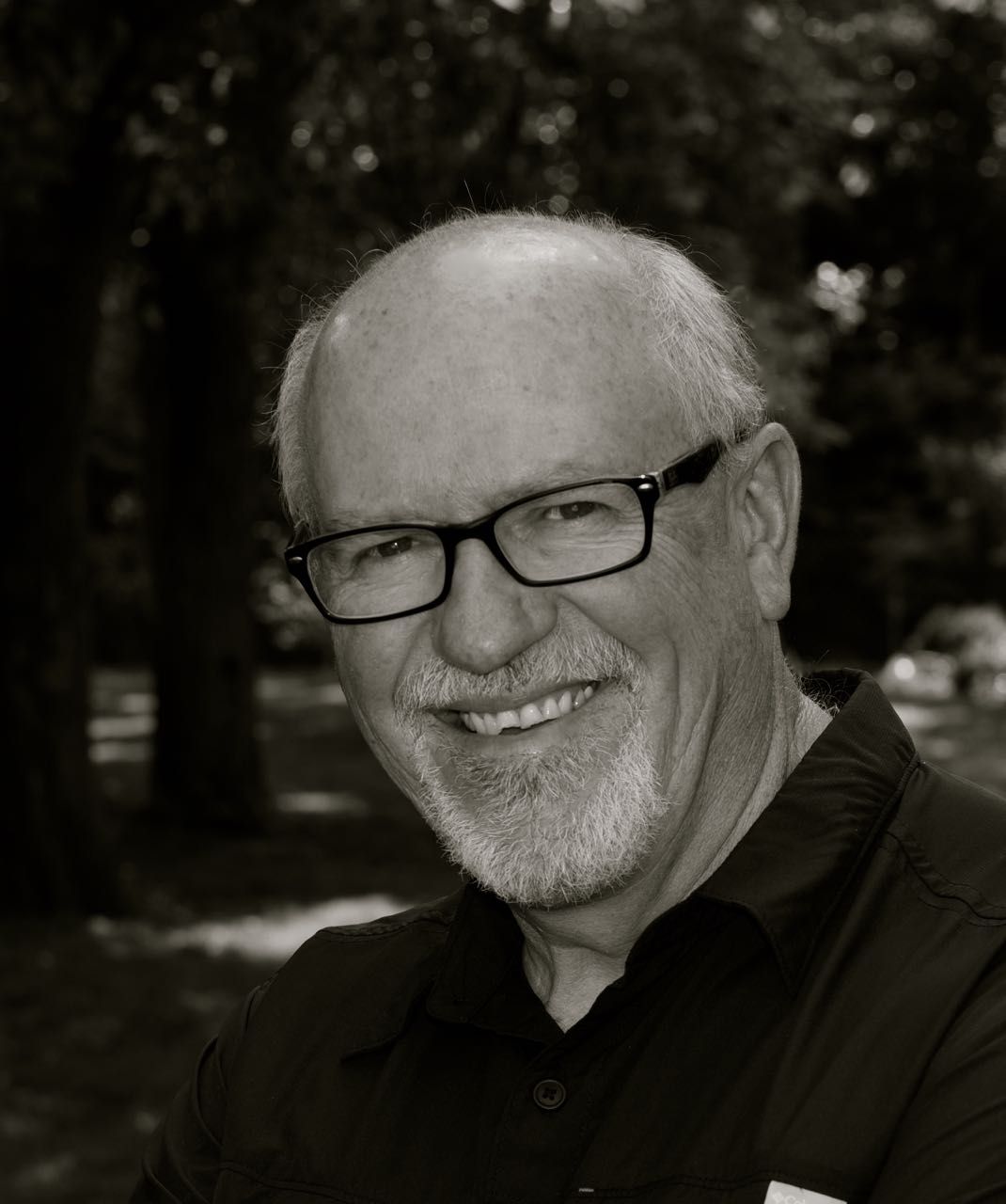I was surprised by how emotional I got while watching Captain Phillips, the movie about the captain of a merchant ship hijacked off the Horn of Africa. I thought it would be a typical Tom Hanks film where justice wins and everyone feels good at the end. Except, I didn’t feel very good at the end. I was very glad the captain was rescued, but having met many Somali refugees when I visited the Debaab Refugee Camp, I felt the injustice of men who live in a nation ravaged by corrupt governments and horrible warlords. I might have been the only person in the movie theater that felt compassion for the kidnappers.
If you are ever confronted with person who is seriously starving and not just your teenager whining in front of a fully-stocked refrigerator, your moral compass will have a hard time finding true north again. After I met my first starving person, I realized that my first-world morality of thou-shalt-not-steal would disappear if my family were starving. Simply put, if my family was starving I would not hesitate for one minute to steal in order to help them survive. And I doubt if I’d feel badly about it.
The movie also reminded me that hunger is a national security issue. Many folks say, “we shouldn’t spend any of our money for the hungry overseas, we just need to take care of our own.” To me, it’s not an either/or proposition: it’s a both/and.
Just so you know, less that ½ percent of our total national budget is spent on overseas aid.
As the movie illuminates, hunger over-there is a threat to our lives over-here. The Jasmine Revolution that started in Tunisia then spread to Egypt and now rages in Syria is often called The Hunger Revolution. Starving people revolt. Because we are a global society, hunger anywhere in the world is hunger next door. We cannot bury our heads in the sand like Marie Antoinette who presumably responded to the pleas of starving peasants by saying, “Let them eat cake.”
At the end of the movie, they let us know that the surviving kidnapper is in a prison here in the U.S. for 33 years. And my immediate thought was: he has three meals a day, something he never had in Somalia. If he would have had three meals a day in Somalia, he most likely would never have contemplated hijacking that ship.
Hunger bends one’s morality like an unseen gravitational pulling away from due north, thereby leaving simplified absolutes questioned and strong assertions weakened like a disappearing wake on a sea of right versus wrong.
The photograph above is one I took in the refugee camp. Her husband had been killed by the El-shebab. I wonder how many of the kidnappers left widows like this behind since 85% of the people in the camp are women and children.
God, save us all.

